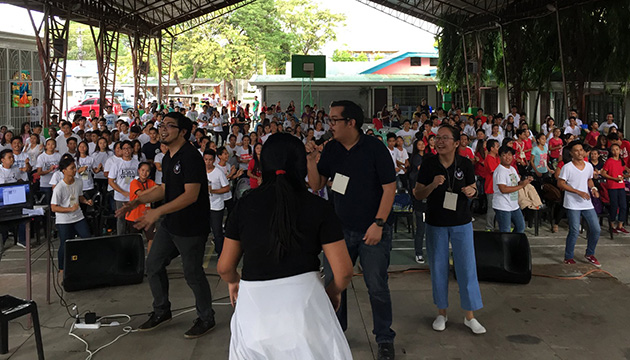January 16, 2024 – Hard-working (masipag) is often an adjective attributed to Filipinos wherever they may be in the world.
Statistics Canada (StatsCan) now has the numbers to prove that, here in Canada, Filipinos are the hardest-working bunch.
StatsCan released data earlier this month showing Filipinos as having the highest employment rate of 74.2 percent in 2023. This means that almost three-quarters of all who identify as Filipinos in Canada are employed or actively seeking employment.
Employment rate for Canadian Filipinos was also the highest in 2022 at 75.3 percent. The national average in 2023 is 62 percent.
In 2023, Latin Americans came second at 69.5 percent followed by Southeast Asians (from countries like Cambodia, Indonesia, Malaysia) at 69.2 percent.
These numbers are based on workers aged 15 years and older. But even for groups 55 years and older, Filipinos still rank as the highest employed group at 50.3 percent, again followed by Latin Americans at 49.1 percent. The national average for this older group of workers is just over 35 percent.
A StatsCan article published in June of 2023 stressed that “Filipino Canadians are among the hardest working people in Canada.” Referring to 2022 data, almost four in five of Filipino Canadians 15 years and older were working or actively looking for a job, the highest labour force participation rate among all Canadians, well above the national average of 65.4%.”
The article also notes that Canadian Filipinos had a low unemployment rate of 4.3 percent in 2022, way below the national average of 5.4 percent.
Unfortunately, although three quarters of Canadian Filipinos may be gainfully employed, StatsCan confirms that they only took home an average after-tax income of $36,300, almost the same amount as the Canadian median in 2020 – a indication that Canadian Filipino workers may be getting paid less than their counterparts.














